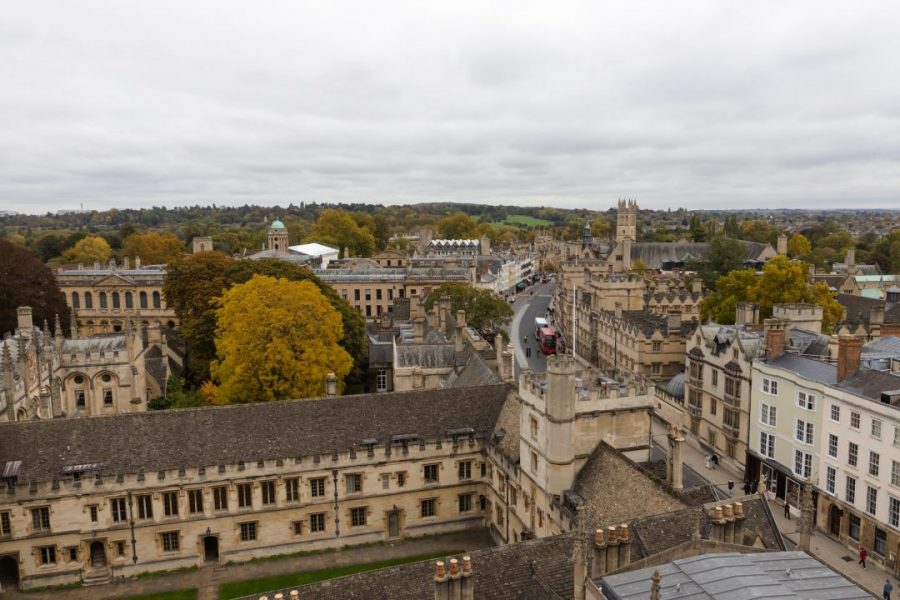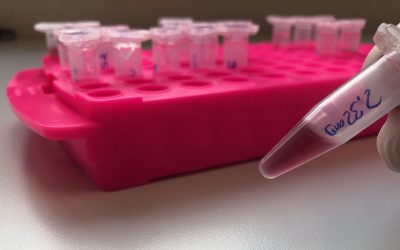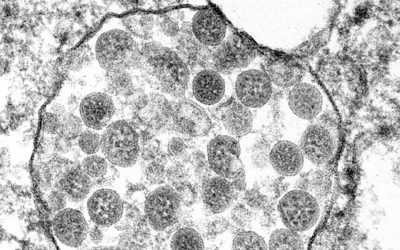Image credit: Iulia Topan on Unsplash
Three months ago, the University of Oxford reported it was starting human trials for a potential vaccine against SARS-CoV-2. Now, the results from this trial, as well results from another candidate in China, are out, and there is cause for cautious optimism.
Both vaccine candidates gave significant immune responses against the novel coronavirus in healthy adults in randomized, controlled human trials. What’s more, the vaccines were found to be safe with mild side effects in some people. Both the UK and Chinese trial results were published yesterday in The Lancet.
The UK vaccine, produced by University of Oxford researchers and dubbed “ChAdOx1 nCoV-19”, was tested on 543 healthy adults with no previous laboratory-confirmed infection of SARS-CoV-2, whilst are further 534 healthy adults were part of the control group.
In the group receiving the vaccine, T-cell responses were seen within 14 days and an antibody response within 28 days.
The vaccine works by using an adenovirus (common cold) viral vector that has been weakened so as to not cause disease or illness in humans, but is encoded to express the same spike protein found on SARS-CoV-2, the protein that causes our cells to become infected with this coronavirus. Therefore, the immune system is “trained” to recognize the virus’ spike protein to build up immunity without being infected.
Explaining more how this works, study’s lead author Professor Andrew Pollard at the University of Oxford, said in a press release, “The immune system has two ways of finding and attacking pathogens — antibody and T cell responses. This vaccine is intended to induce both, so it can attack the virus when it’s circulating in the body, as well as attacking infected cells. We hope this means the immune system will remember the virus, so that our vaccine will protect people for an extended period. However, we need more research before we can confirm the vaccine effectively protects against SARS-CoV-2 infection, and for how long any protection lasts.”
In order the vaccine to be effective in winning the fight against the current pandemic, the vaccine should ideally work after one or two doses, be given to targeted populations such as those most vulnerable to the virus, continue to be effective for at least six months, and reduce transmission of the virus. It is still too early to say whether ChAdOx1 nCoV-19 meets these criteria, but there currently ongoing studies to test this next stage of the trial.
Speaking in the same press release, co-author Professor Sarah Gilbert, University of Oxford, expressed some optimism but also caution: “There is still much work to be done before we can confirm if our vaccine will help manage the COVID-19 pandemic, but these early results hold promise. As well as continuing to test our vaccine in phase 3 trials, we need to learn more about the virus – for example, we still do not know how strong an immune response we need to provoke to effectively protect against SARS-CoV-2 infection.”
The vaccine candidate in China also showed promising immune responses in a phase 2 trial. This vaccine candidate is like the one made in Oxford, also using an adenovirus vector that expresses the coronavirus’ spike protein.
This trial came hot off the heels of the group’s previous study showing it to be safe and immunogenic in a phase 1, non-randomized trial. The fact the same vaccine candidate has now passed the hurdle of a phase 2 trial is cause for hope. Professor Feng-Cai Zhu, Jiangsu Provincial Center for Disease Control and Prevention, China, said in a press release: “The phase 2 trial adds further evidence on safety and immunogenicity in a large population than the phase 1 trial. This is an important step in evaluating this early-stage experimental vaccine and phase 3 trials are now underway.”
The volunteers were monitored for 28 days post-injection and just like the Oxford vaccine, a majority showed T cell and antibody responses within this time period.
Many challenges remain, however, in finding an effective vaccine against SARS-CoV-2, which health experts say is the only effective way of ending this pandemic and saving lives.
Three months ago, there were less than three million confirmed cases of COVID-19. Now, at the time of writing, there are close to 15 million and rising, with over 600 000 deaths. Some countries are already seeing the beginnings of a second-wave of the virus.
It is clear that 2020 will be remembered for generations to come for this pandemic, just as 1918 evokes images of the H1N1 influenza. Whilst these memories are and will be painful, this year will also be remembered for the fortitude and courage of those on the front line of this global health crisis, and the scientific ingenuity of those working tirelessly on an effective vaccine. The scientists behind these two studies in The Lancet — as well as the hundreds of others working on other vaccine candidates — have shown there is hope and while there is still a long way to go before we know for certain if these vaccines are effective, the fact the trials have got this far and so fast give us cause for cautious optimism.

















